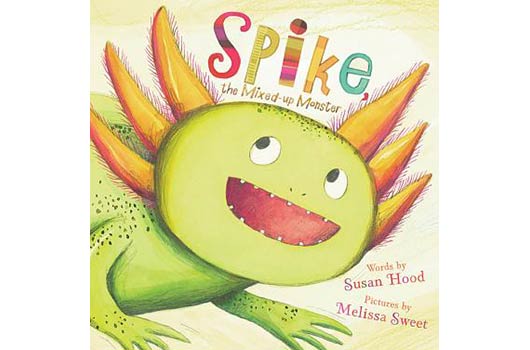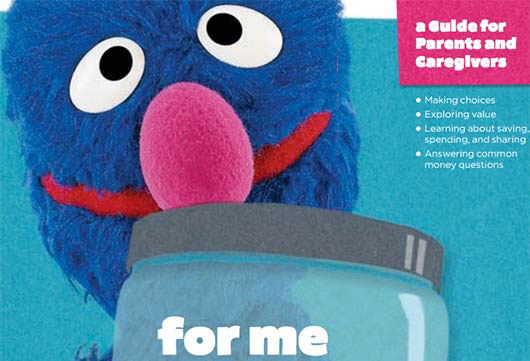
Parenting is never easy, nor is growing up. But all of this is far more difficult when a child struggles with gender identity–when a boy or girl identifies with (or even believes they are meant to be) the opposite sex. Transgender is an “umbrella term for people whose gender identity and/or gender expression differs from what is typically associated with the sex they were assigned at birth.” It is a common misconception that children can be too young to truly identify with a specific gender. On the contrary, many people in the psychology community agree that gender identity actually occurs in utero and that when a child turns 2 or 3 is when they are first able to express the feelings they have had since before birth.
Transgender kids have been in the spotlight recently thanks to everything from viral videos of love and acceptance to terrible stories of sadness and tragedy. Even Brad Pitt and Angelina Jolie have helped raise awareness for transgender children as they support their oldest biological child, born a girl named Shiloh, and now identifying as a boy named John. Say what you will about Brangelina…one thing is clear: they are excellent, loving, accepting parents.
There are several risks when it comes to raising a transgender child, but they aren’t what you might think. As Huff Post reports, according to Aidan Key, founder of Gender Diversity, a nonprofit dedicated to providing support and education regarding transgender children, “the occurrence of depression, anxiety, suicidality, homelessness, bullying, and physical or sexual abuse—to name just a few risk factors–is astronomically higher [with transgender children] than the national average.” In fact, a study found that 41% (that’s nearly half!) of people who are transgender have attempted suicide at some point in their lives. In addition, a survey of nearly 300 transgender youth found that 89 percent reported being harassed in school. These are not the kinds of statistics a parent wants to hear.
Read Related: Gender Confusion: When Body & Mind Don’t Coincide

So what can you do? How do you raise a happy transgender child? Where do you even begin? Whether you are parenting a son or daughter, a biologically born boy or girl, a transgender child or not, as a parent your most important job is to make sure your child is healthy, safe and happy. No matter what obstacles may get in your way, you can never forget that.
First of all, if your child speaks, listen. Could your daughter’s love of all things masculine be a phase? Perhaps. But it could also be more, and you need to listen to them and let them know you are there to support them in whatever lifestyle makes them happy. Don’t just shrug off their behavior as a passing stage; accept the reality that it might be more.
Get educated. While every family experience is different, one thing about raising a transgender child that is universal is that you will have a lot of questions. No one knows what to expect, or how your child’s life will change. Every parent will wonder how people will treat your family. And the number one question will always be how can you give your child a happy and safe future. Nothing is black and white and there is no guidebook. But there are support groups, experts, articles and literature, psychologists and other people who have been there before. And they’re all available to help educate and support you. Let them help.

Teach tolerance, and practice it in your own home. You need to not only accept who your child really is and who he or she wants to be, but you need to encourage others to do the same. Don’t keep your experience a secret. You’ll only be showing your child that they have something to be ashamed of. Do not keep this life-changing event from your family and friends; let them into your family’s new world and show them that you are proud of who your child is and who they will become. When your child sees that unconditional love they will truly flourish into the person they are meant to be.
Work with the educators and caretakers around you. Reach out to teachers, school counselors, coaches and fellow parents. Talk to anyone who can and will impact your child’s life and the lives of other kids. The more you try to engage others and share what you are going through, the more people will understand an often-misunderstood subject.
Encourage open dialogue. Like any major developmental phase, your kids will have a lot of questions, concerns and fears. Talk to transgender kids about all of it, let them know you are always there to address any doubts or worries (or feelings of joy) and share your own thoughts as well. Honesty and openness is a key to any healthy relationship, especially one with your children and especially if you are raising a transgender child.










